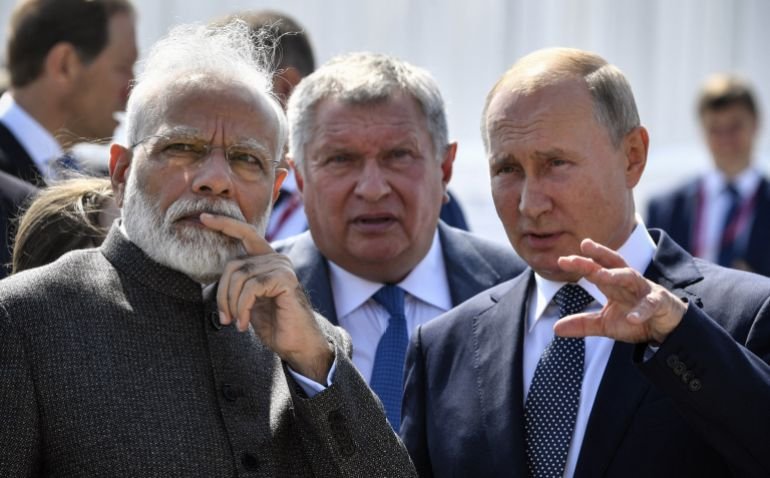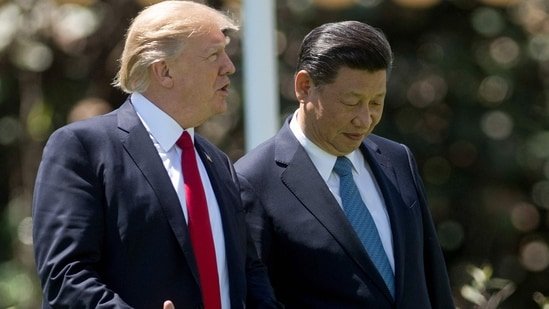US President Donald Trump on Thursday said a lot more secondary sanctions are upcoming, after he was asked why India was singled out for penalties over doing business with Russia.

During a press conference at the White House, Trump was asked about India’s response to him doubling the tariffs on it to 50 per cent on Wednesday. New Delhi had pointed that the US was imposing additional tariffs on India for “actions that several other countries are also taking”.
Responding to the question, Trump said, “It’s only been 8 hours. So let’s see what happens. You’re going to see a lot more…You’re going to see so much secondary sanctions.”
Plans for more tariffs on China?
Trump was also asked specifically about China, another country that does business with Russia, and whether he plans to hike tariffs on that country as well. He responded, “Could happen. Depends on how we do. Could happen.”
Earlier, on Tuesday, Trump’s fellow Republican Party leader Nikki Haley had urged against a “pass to China” as she backed India and called the country a strong ally for the United States.
“India should not be buying oil from Russia. But China, an adversary and the number one buyer of Russian and Iranian oil, got a 90-day tariff pause. Don’t give China a pass and burn a relationship with a strong ally like India,” Haley wrote on X.
Trump doubles down on tariff attack
On Wednesday, Trump signed an executive order imposing additional 25 per cent tariffs on all Indian goods entering the US, on top of the 25 per cent announced last week.
In last week’s tariff announcement for India, Trump had threatened to impose penalties too, citing its purchase of energy and military equipment from Russia.
The additional 25% will take effect on August 27, and would put Indian exporters at a significant disadvantage compared to countries like Bangladesh, Indonesia and Vietnam – which face tariffs of 19– 20%.
India called Trump’s latest move “unjustified and unreasonable”. It has accused the US and the European Union of unfairly targeting New Delhi for its trade with Russia.

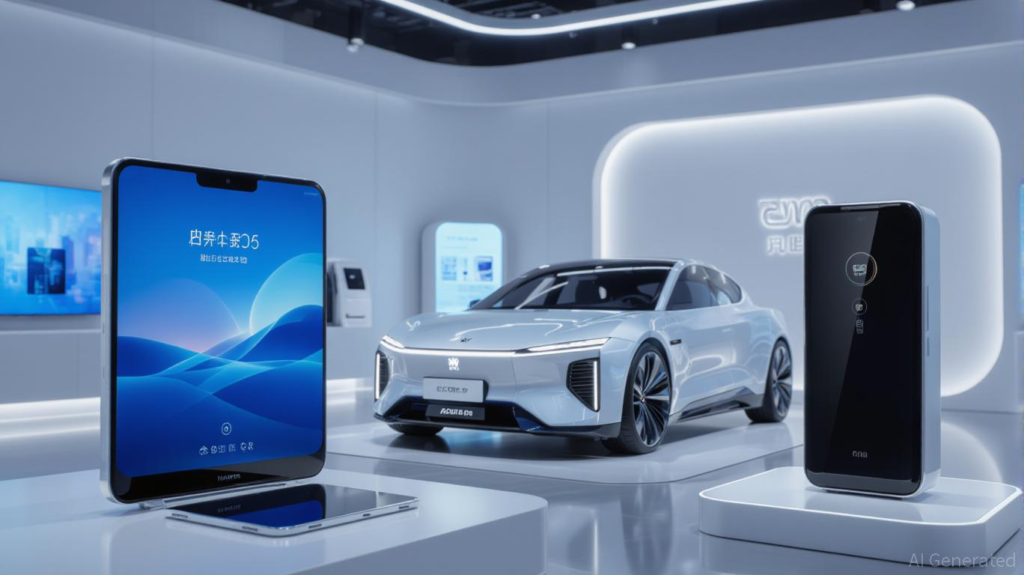
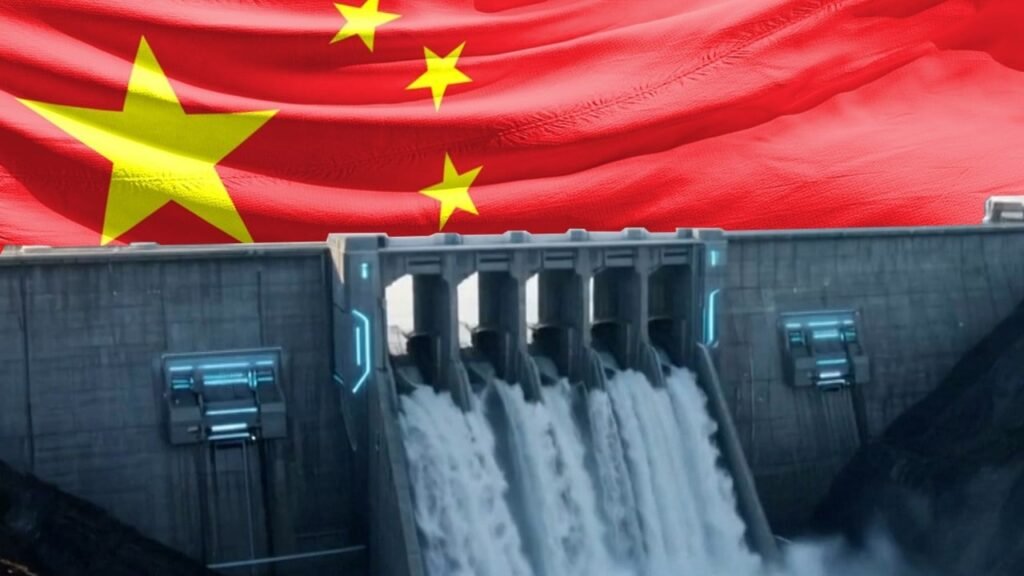
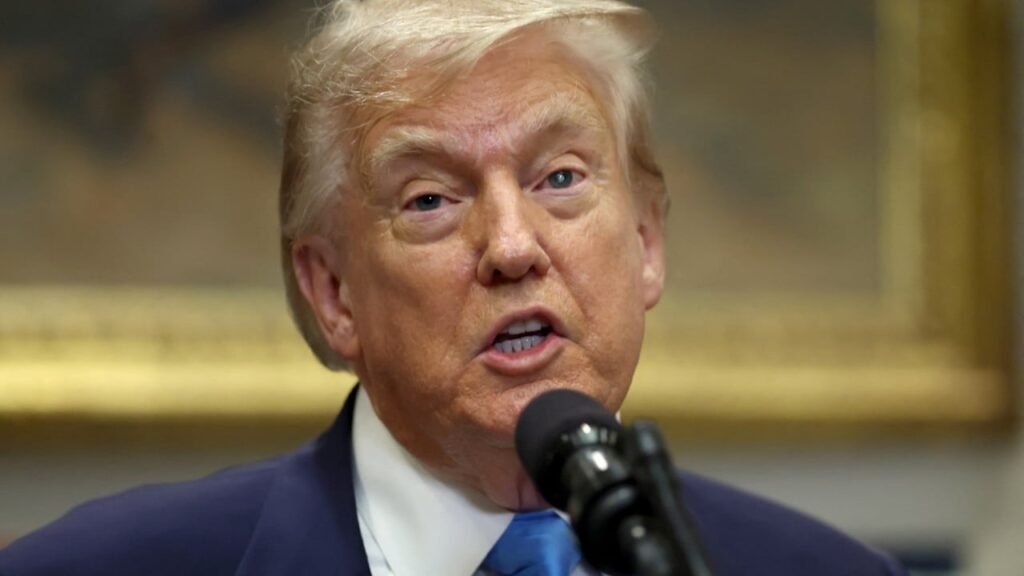
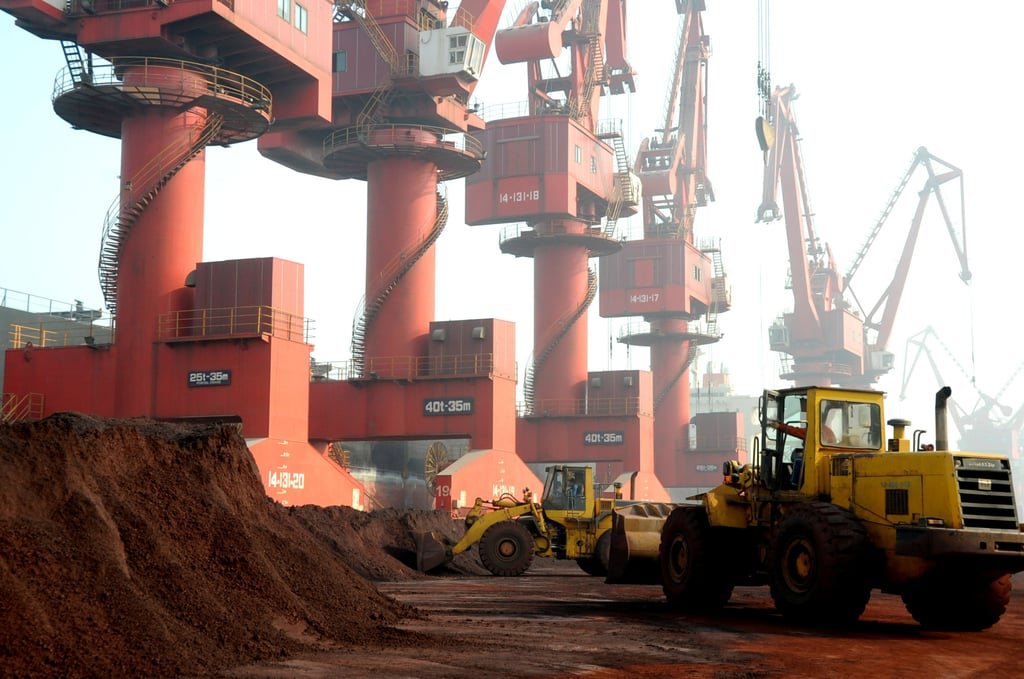
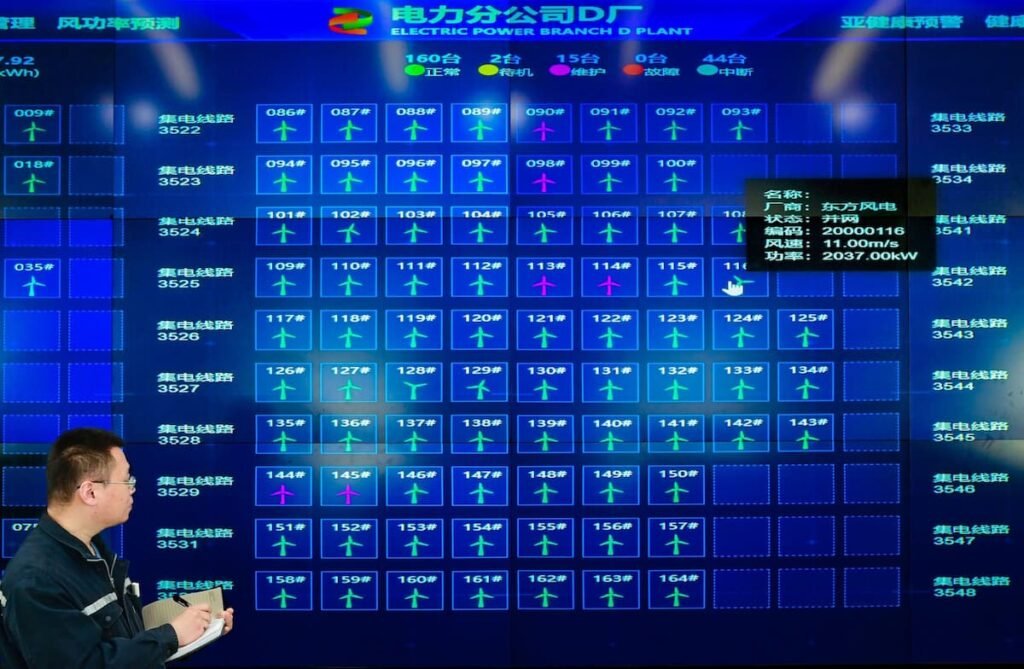
![[News] NVIDIA May Raise H20 Prices to Shield Profits but Confronts China’s Domestic Chip Push](https://koala-by.com/wp-content/uploads/2025/08/NVIDIA-Jensen-Huang-2-624x430.jpg)
